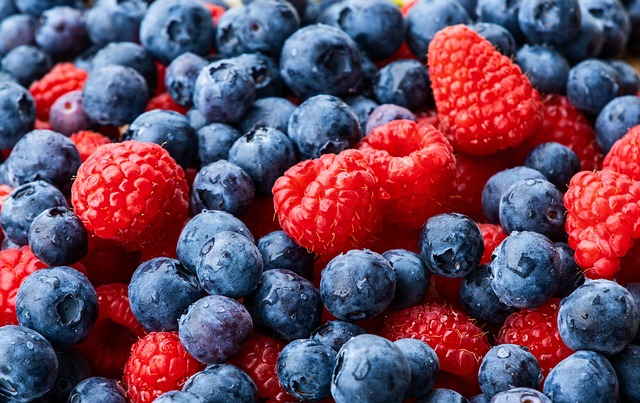The Ultimate Guide to Probiotics: Boost Your Gut Health and Feel Amazing
Probiotics have gained significant popularity in recent years for their potential health benefits. These live bacteria and yeasts are known to promote a healthy gut, improve digestion, and support overall well-being. In this ultimate guide to probiotics, we will explore what probiotics are, how they work, their potential benefits, and how to incorporate them into your daily routine.
What are Probiotics?
Probiotics are live microorganisms that offer various health benefits when consumed in adequate amounts. They are often referred to as “good” bacteria because they help maintain a healthy balance of microbes in our digestive system. The most commonly studied probiotic strains include Lactobacillus and Bifidobacterium, which are naturally found in our bodies.
How Do Probiotics Work?
Probiotics primarily work by restoring and maintaining a healthy balance of bacteria in the gut. They help increase the number of beneficial microorganisms and inhibit the growth of harmful bacteria. By doing so, they support proper digestion and nutrient absorption, strengthen the immune system, and promote overall gut health.
Potential Benefits of Probiotics
1. Improved Digestion: Probiotics help break down food, enhance nutrient absorption, and prevent common digestive issues such as bloating, constipation, and diarrhea.
2. Enhanced Immune Function: The majority of our immune system resides in the gut. By promoting a healthy gut environment, probiotics can improve immune function and reduce the risk of infections.
3. Reduced Inflammation: Probiotics have been shown to reduce inflammation in the body, which is associated with various chronic diseases such as obesity, heart disease, and autoimmune conditions.
4. Mental Health Support: Emerging research suggests a link between gut health and mental well-being. Probiotics may help improve symptoms of anxiety, depression, and stress by influencing the gut-brain axis.
5. Healthy Skin: Some studies have found that certain probiotic strains may improve skin conditions like acne, eczema, and rosacea. Probiotics can help reduce inflammation and promote a balanced complexion.
How to Incorporate Probiotics into Your Routine
There are several ways to incorporate probiotics into your daily routine:
1. Yogurt and Fermented Foods: Yogurt, kefir, sauerkraut, kimchi, and other fermented foods are excellent sources of probiotics. Look for products labeled as containing live and active cultures to ensure a higher probiotic content.
2. Probiotic Supplements: Probiotic supplements are widely available and offer a convenient way to increase your probiotic intake. When choosing a supplement, opt for a reputable brand that contains a variety of strains and a high number of colony-forming units (CFUs).
3. Prebiotic Foods: Prebiotics are nondigestible fibers that act as food for probiotics. Foods such as garlic, onions, bananas, asparagus, and oats are rich in prebiotic fibers and can help support the growth and activity of probiotics in the gut.
4. Probiotic Skin Care Products: Some skincare products, particularly serums and creams, contain probiotics that can promote a healthy skin microbiome. These products help maintain the skin’s natural balance and can be beneficial for individuals with skin conditions.
Conclusion
Probiotics offer a wide range of potential benefits for your gut health and overall well-being. By incorporating probiotic-rich foods or supplements into your daily routine, you can support digestion, boost your immune system, reduce inflammation, and even improve your mental health. Remember to consult with a healthcare professional before starting any new supplements, especially if you have underlying health conditions. Embrace the power of probiotics and enjoy a healthier, happier you!







